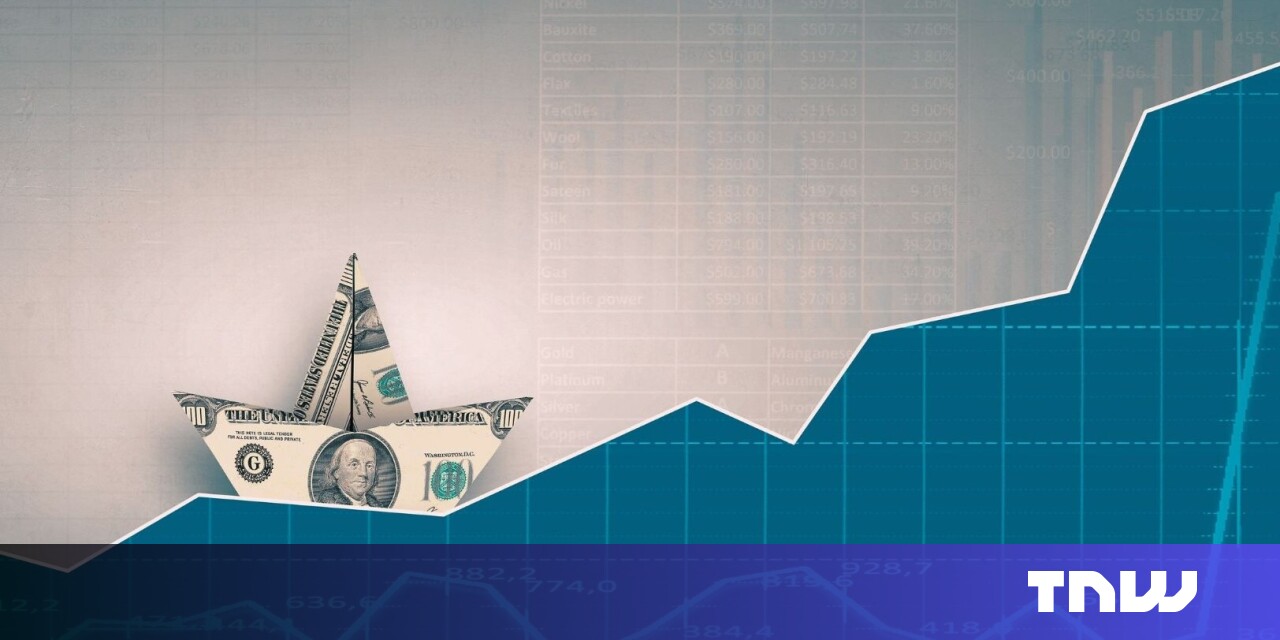So much time and funding has been spent on solar and renewable energy generation, and that has actually paid off pretty well. But it is true that the ever-growing world population, combined with some extreme weather conditions, has also been resulting in some ongoing water shortages.
Unfortunately, water tech still receives a small fraction of the total climate tech funding. Out of some €50bn invested in climate tech globally in 2021, just €430m — less than 1% — was allocated for water tech.
From a technology perspective, it does look like there is going to be a much bigger focus on technology solutions around water scarcity. It is not just about the production, or harvesting, of water but also its transport, storage, and usage where a lot more efficiency and wastage can be addressed.
In Cape Town, we went through a real cliffhanger of a drought, and it has changed our behaviour and attitude towards water permanently. Likewise with the country's energy crisis, technology through LED bulbs, etc has also reduced the demand on electricity. I remember the days of really cheap electricity and water about twenty or thirty years ago where you just left the lights and the heater on, washed down the driveway (and even your car) with drinking water. Those days are gone for us, and will probably never return.
On the Maslow's hierarchy of needs, the availability of drinking water is right at the top. You can survive longer without food, shelter or clothing, than without water. The warning signs are here, and the investments need to be made in making more water available.
See
Water tech could be the next gold rush for European VCs#
technology #
water #
environment 
There is a small, but growing cohort of startups working to tackle the impending water crisis — and investors are catching on.
